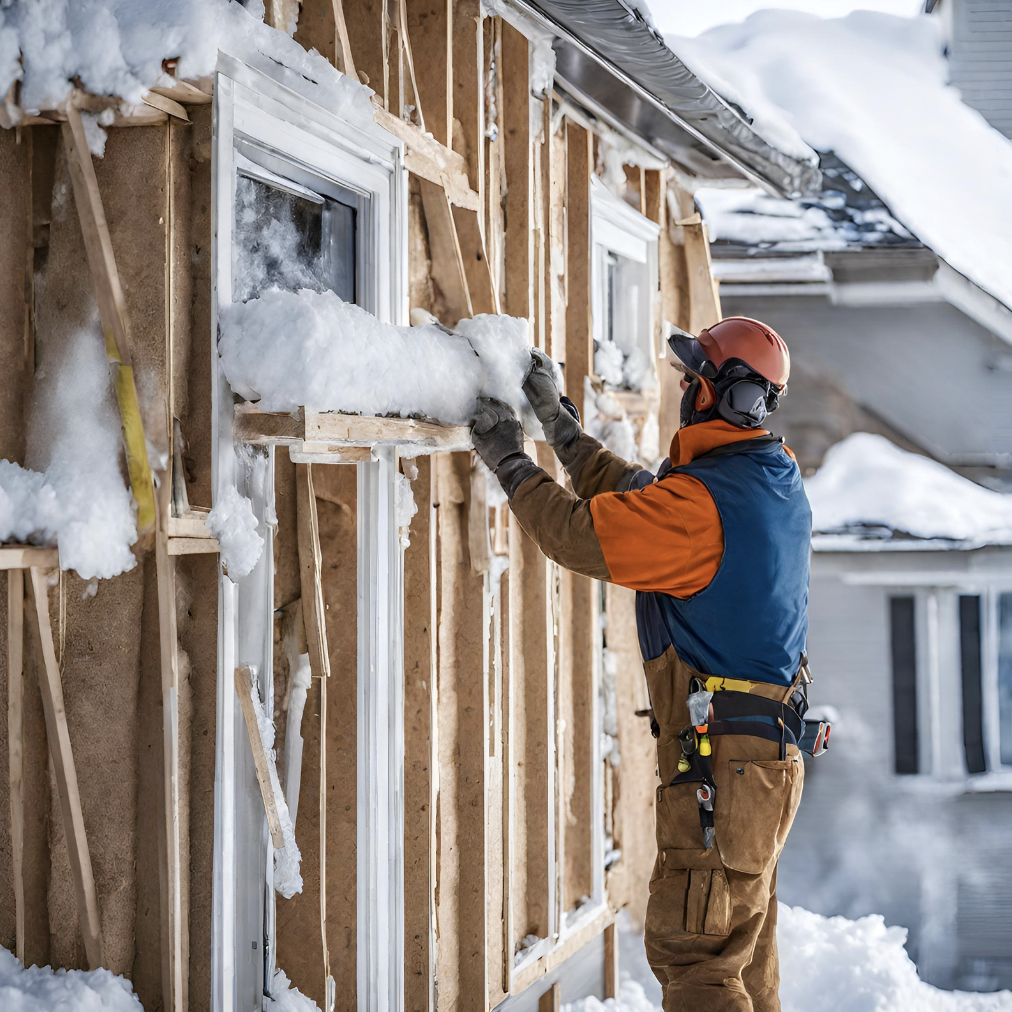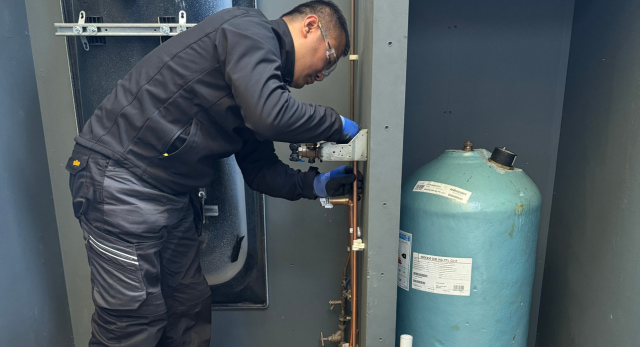Mark Krull, Director for LCL Awards and Logic4training, says we’re missing a trick when it comes to tackling net zero and the cost-of-living crisis.
The positive news from Rishi Sunak’s speech last month is that he’s increasing Boiler Upgrade Scheme funding to £7,500. Encouraging early investors in heat pumps ensures that we lay a strong and informed foundation for the low-carbon future, build consumer confidence and reduce manufacturing costs.
However, I can’t help thinking that we’ve missed a wrung on the ladder here. Yes, we need low-carbon heating, but for the majority of people there is a far more pressing concern – affordable heat.
It’s estimated that at least 1 in 5 households will fall under the fuel poverty bracket in 2023 – defined as spending more than 10% of income on fuel – and 1 million households will spend more than 20% of their income on keeping warm. Last year, there were 4,706 excess winter deaths, many of which could have been prevented if homes were in good condition and well-insulated.
Here in the UK, we have some of the least energy efficient housing stock in Europe, which lose heat up to three-times faster than those on the continent. The implications of this lack of building efficiency run deep – it’s not only lost lives and lost time on our journey to net zero. Countless chronic health problems, which negatively affect workforce productivity and cut into our limited NHS budget and resources, are also caused by inadequate housing.
Fuel poverty is not just felt by the poorest in society – low and middle income households, for whom heating and power costs represent a growing proportion of their disposable income, are having their spending power squeezed, which then negatively effects our economy. According to the Office for National Statistics (ONS), almost half of adults are cutting back on fuel to save money and two-thirds are spending less on non-essentials.
Making existing homes more thermally efficient is a relatively simple and cost-effective measure that directly equates to a reduction in energy use and heating bills, but so far, efforts have been woefully inadequate, including the newly launched ‘Great British Insulation Scheme’ (GBIS), of which there is nothing ‘great’.
The GBIS is simply a repackaged version of existing schemes designed to convince the press that the government is taking the issue seriously. Focussing on singular measures that cost the least in homes that are easiest to fix may seem like a quick win, but it is counterproductive, resulting in more public spending long-term. We need a whole-house approach to get this right first time.
Plans to introduce new building regulations in 2025 that will require all future homes to be insulated to much higher standards do nothing for existing properties, which will only be subjected to the new standards if home improvements are being made. The problem is that from both perspectives – decarbonisation and the cost of living crisis – putting all your eggs in the ‘new build’ basket is a very risky bet when 80% of the homes we will live in by 2050 have already been constructed.
To avoid the need for further improvements in the future, we need a deep retrofit programme that upgrades homes to 2050 standards now. I believe this matter should be addressed with a matter of urgency, delivered as a long-term plan with cross-party consensus.
It doesn’t matter what heating system you have – brand new high efficiency heat pump or 15-year-old gas boiler still going strong – a home that can retain heat will use less energy to maintain the same temperature. Crucially, it will also emit less carbon.
Reducing heat demand in existing homes through insulation and draught-proofing should be a priority for any government that wants to help the most vulnerable in society while laying the foundations for net zero.









